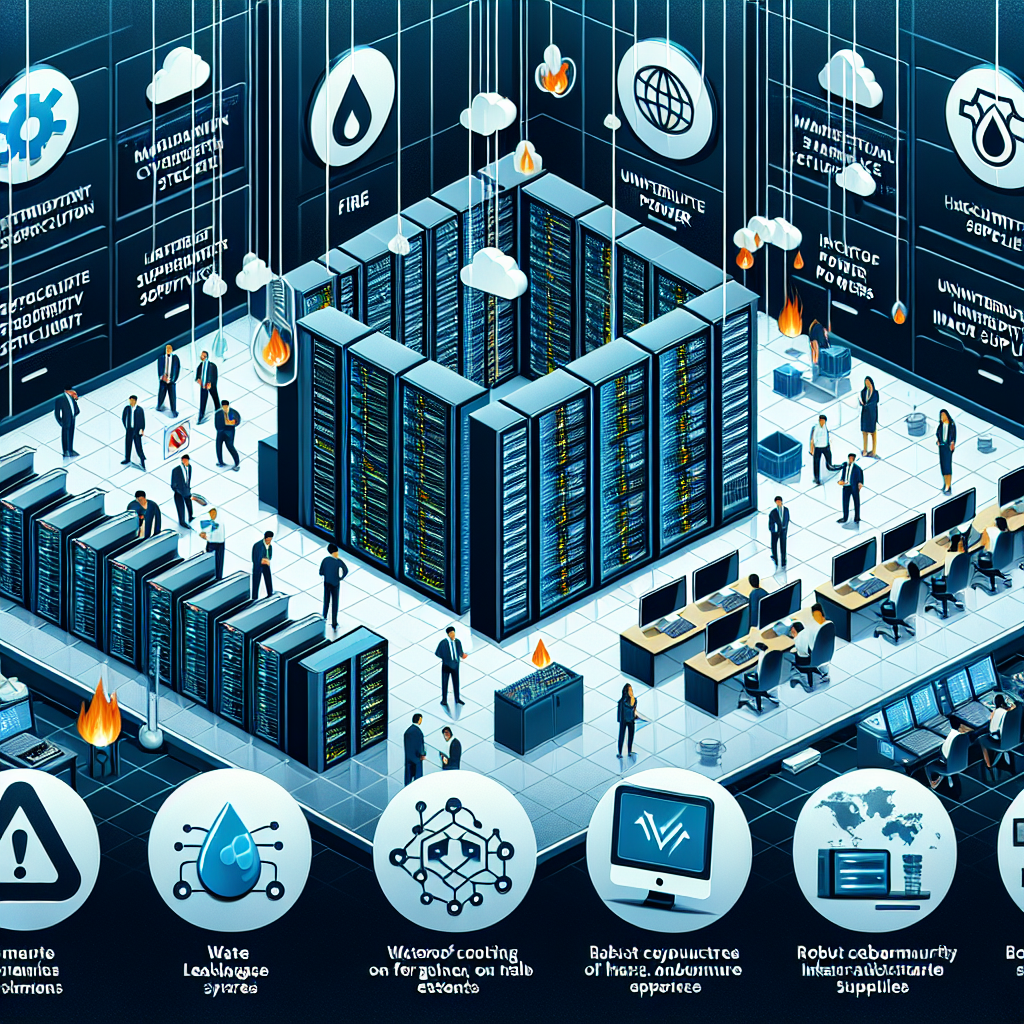In today’s digital age, data protection is more important than ever. With the increasing amount of sensitive information being stored and processed by businesses, ensuring the security and integrity of this data is crucial. One way that organizations can proactively protect their data is through regular data center audits.
Data center audits involve a thorough examination of a company’s data storage and processing facilities to identify any potential vulnerabilities or weaknesses in their security measures. By conducting these audits on a regular basis, businesses can stay ahead of potential threats and ensure that their data is being handled in a secure and compliant manner.
There are several key benefits to taking a proactive approach to data center audits. Firstly, audits can help identify any potential security risks or vulnerabilities that may exist within the data center. By addressing these issues early on, businesses can prevent potential data breaches or cyber attacks that could compromise sensitive information.
Secondly, data center audits can help ensure compliance with industry regulations and standards. Many industries have strict regulations in place regarding the handling and storage of sensitive data, such as HIPAA for healthcare organizations or GDPR for businesses operating in the European Union. By conducting regular audits, businesses can demonstrate their commitment to compliance and avoid costly fines or penalties for non-compliance.
Additionally, data center audits can help improve overall operational efficiency. By identifying and addressing any inefficiencies or weaknesses in the data center infrastructure, businesses can streamline their operations and reduce the risk of downtime or data loss.
When conducting a data center audit, it is important to work with a qualified and experienced auditor who has a deep understanding of data center security best practices and industry regulations. The auditor will typically assess the physical security of the data center, including access controls, surveillance systems, and environmental controls, as well as the logical security measures in place, such as firewalls, encryption, and data backup procedures.
In conclusion, data center audits are a critical component of a proactive approach to data protection. By regularly assessing and improving the security and compliance of their data storage and processing facilities, businesses can mitigate risks, ensure regulatory compliance, and improve operational efficiency. Investing in data center audits is a smart and strategic way for organizations to safeguard their most valuable asset – their data.










